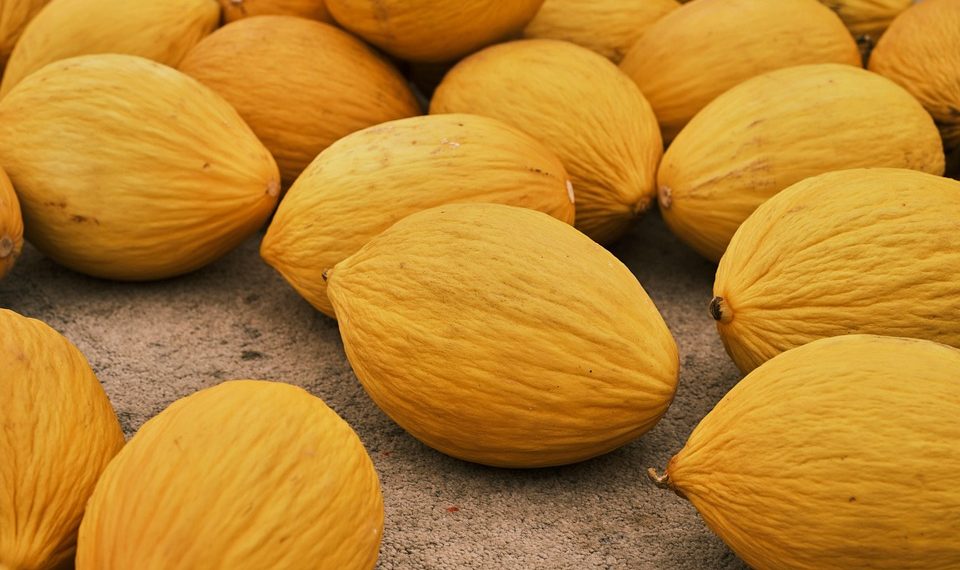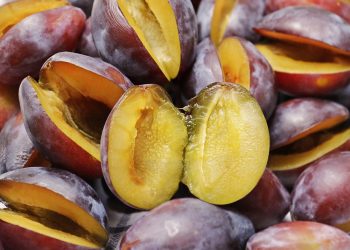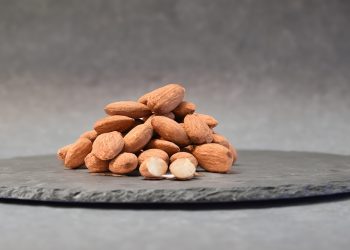Going organic today isn’t just a trend; it’s a lifestyle choice that can transform your health and well-being in ways you might not expect. The benefits stretch far beyond simply avoiding pesticides and chemicals. If you’re curious about how organic living can enrich your life, you’re in for a treat. Let’s dive into the seven surprising benefits of going organic today!
Contents
What Does Going Organic Mean?
Going organic means choosing products made without synthetic fertilizers, pesticides, or genetically modified organisms (GMOs). It’s about embracing food and goods cultivated in harmony with nature. This isn’t just a buzzword; it’s a commitment to a healthier way of living. You deserve to nourish your body with the best that nature has to offer.
1. Enhanced Nutritional Value
One of the most compelling reasons to choose organic is the nutritional edge it provides. Studies have shown that organic foods can contain higher levels of antioxidants, vitamins, and minerals. These nutrients play a crucial role in maintaining a healthy immune system and fighting off diseases.
- Antioxidants: Organic fruits and vegetables often have higher levels of antioxidants, which combat oxidative stress.
- Vitamins and Minerals: The nutrient density in organic produce supports overall health and vitality.
When you choose organic, you’re not just eating food; you’re fueling your body with nature’s finest.
2. Better for Your Gut Health
Your gut is often called your “second brain,” and for good reason. The health of your gut affects everything from digestion to mood. Organic foods support a diverse gut microbiome, which is key for overall health.
- Less Chemical Exposure: By avoiding synthetic pesticides and antibiotics, you reduce the toxic load on your digestive system.
- Prebiotic Benefits: Organic produce often contains more fiber, feeding the good bacteria in your gut.
Going organic today means giving your gut the love it deserves.
3. Environmental Impact
When you choose organic, you’re making a responsible choice for the planet. Conventional farming often involves practices that harm the environment, such as soil degradation and water pollution. Organic farming, on the other hand, promotes sustainable practices.
- Soil Health: Organic methods improve soil fertility and biodiversity.
- Water Conservation: Organic farms use less water and contribute to cleaner waterways.
By going organic, you’re not just investing in your health; you’re investing in the health of our planet.
4. Support for Local Farmers
Choosing organic often means supporting local farmers and businesses. When you buy organic, you’re contributing to the local economy and fostering a sustainable food system.
- Community Connection: Purchasing from local farms strengthens community ties.
- Fresher Produce: Local organic produce is often fresher and tastier than mass-produced options.
Your choice to go organic can spark a ripple effect, benefiting your community and the environment.
5. Reduced Exposure to Toxins
We’re all exposed to a myriad of toxins daily, but going organic can significantly reduce your risk. Chemical residues from pesticides and fertilizers can linger in conventional produce, affecting your health over time.
- Safer Choices: Organic farming eliminates harmful chemicals, making it a safer option for you and your family.
- Peace of Mind: Knowing you’re eating clean can alleviate anxiety about health risks.
By choosing organic, you’re safeguarding your health against potential toxins.
6. Improved Taste and Freshness
Let’s be honest: organic food just tastes better. The flavors are often richer and more vibrant because organic farming methods prioritize quality over quantity.
- Flavor Profiles: Organic fruits and vegetables are allowed to grow naturally, resulting in more robust flavors.
- Seasonal Availability: Eating organic often means eating what’s in season, which enhances freshness.
When you go organic, you’re treating yourself to a culinary experience that delights your taste buds.
7. Empowerment and Awareness
Making the switch to organic is not just about food; it’s about empowerment. It encourages you to be more mindful of what you put into your body and the impact it has on your health and the environment.
- Informed Choices: You’ll become more aware of food sourcing and production practices.
- Lifestyle Shift: Embracing organic can inspire you to make healthier choices in other areas of your life.
Going organic today is a step toward taking control of your well-being.
The Bottom Line
Transitioning to an organic lifestyle offers a plethora of benefits that can enhance your health, protect the environment, and support local communities. As you embark on this journey, remember that every choice counts. Start small, perhaps by picking one organic item at a time, and witness the difference it makes in your life.
FAQs
Q: Is organic food more expensive?
A: While organic food can be pricier, the long-term health benefits and environmental impact often outweigh the cost.
Q: How can I find local organic farms?
A: Websites like LocalHarvest.org can help you locate nearby organic farms and farmers’ markets.
Q: Are organic products always healthier?
A: Generally, organic foods have fewer toxins and more nutrients, but it’s essential to maintain a balanced diet with a variety of foods.
Going organic today isn’t just a choice; it’s a commitment to a healthier, happier you. So, why wait? Make the switch and relish the benefits that come with it!
Get Your FREE Natural Health Guide!
Subscribe now and receive our exclusive ebook packed with natural health tips, practical wellness advice, and easy lifestyle changes — delivered straight to your inbox.














